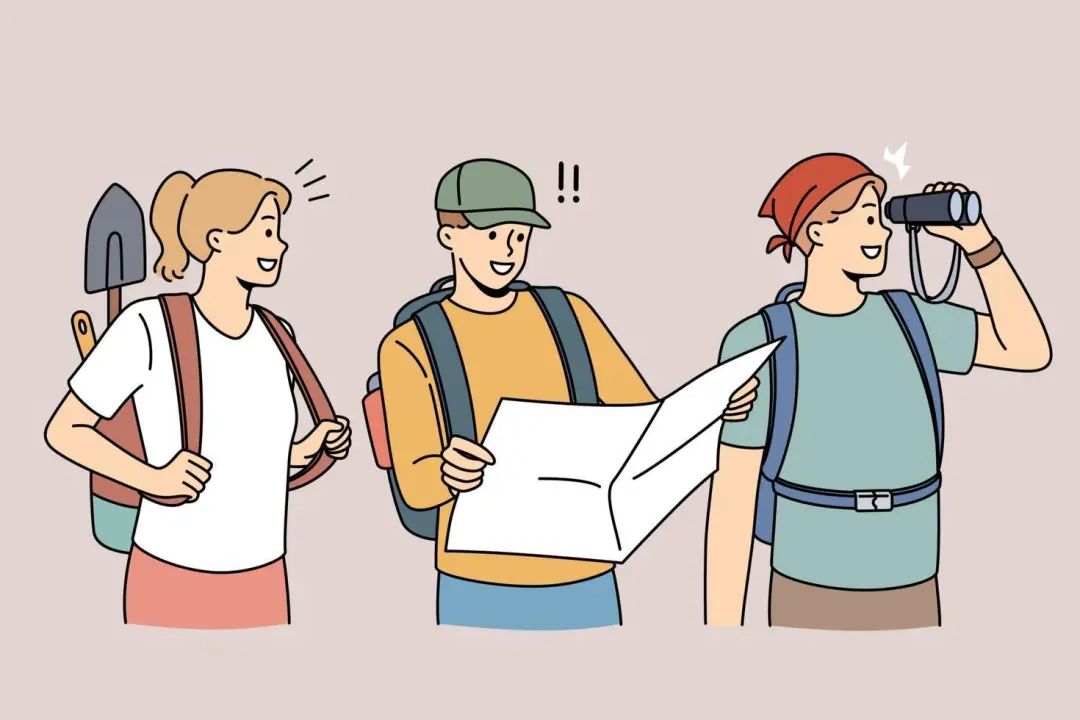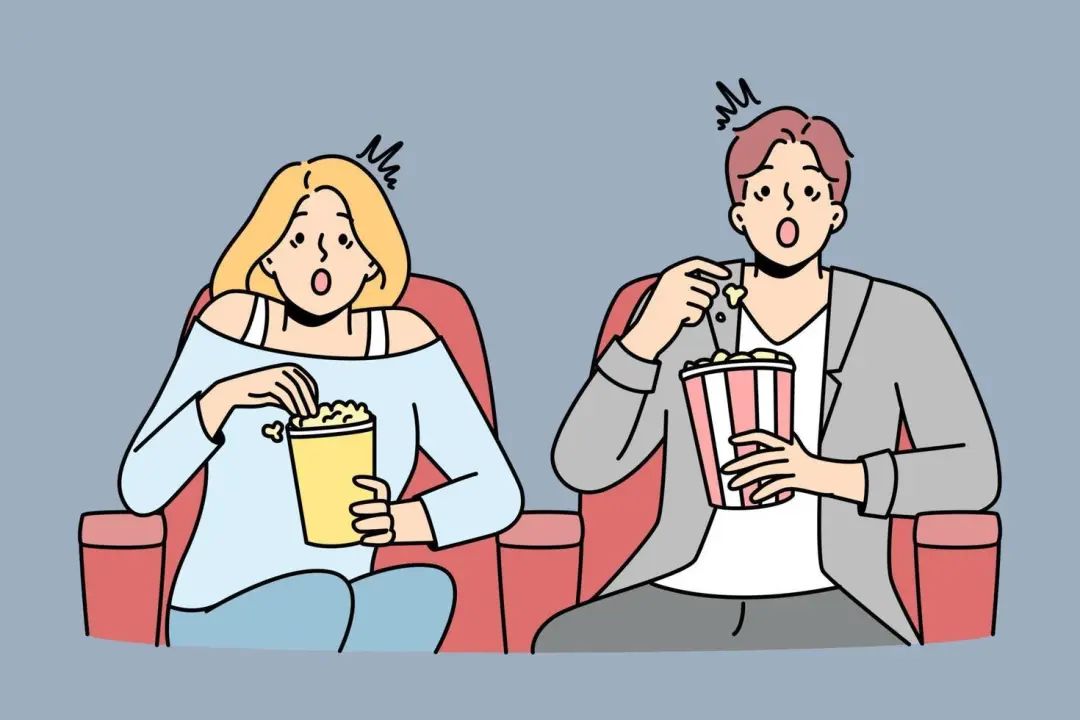Title: Unveiling the Potential of Socially Inhibited INTPs: A Psychological Exploration
Introduction
The Myers-Briggs Type Indicator (MBTI) categorizes individuals into 16 distinct personality types, each with its unique strengths and challenges. Among these, the INTP (Introverted, Intuitive, Thinking, Perceiving) type is often associated with intellectual curiosity, analytical prowess, and a penchant for theoretical thinking. However, when social inhibition (SI) is added to the mix, the INTP's potential may be hindered by a reluctance to engage with the external world. This article delves into the psychological intricacies of socially inhibited INTPs, exploring how they can harness their innate abilities to overcome social barriers and achieve personal growth.
Understanding Socially Inhibited INTPs
Socially inhibited individuals often experience anxiety in social situations, leading to a preference for solitude and a reduced capacity to express themselves openly. For INTPs, this can exacerbate their natural introversion and lead to a cycle of isolation and self-doubt. The INTP's cognitive functions—Ti (Introverted Thinking), Ne (Extraverted Intuition), Si (Introverted Sensing), and Fe (Extraverted Feeling)—are typically geared towards internal analysis and abstract conceptualization. When SI is present, the INTP's Si function may become overactive, reinforcing their discomfort with social interactions and limiting their Ne's potential for creative exploration.
The Cognitive Dissonance of SI in INTPs
INTPs with SI may experience cognitive dissonance, as their desire for intellectual engagement conflicts with their social anxiety. This dissonance can manifest as a reluctance to share ideas or seek feedback, which are essential for the INTP's growth and the development of their theories. The INTP's Ti seeks logical consistency, and when faced with social situations that defy logic, they may retreat into their comfort zone of internal reasoning.
Overcoming Social Inhibition
To unlock their potential, socially inhibited INTPs must address their social anxiety and develop strategies to engage more effectively with others. Here are some psychological approaches that can aid in this process:
1. Cognitive Behavioral Therapy (CBT): CBT can help INTPs identify and challenge negative thought patterns that contribute to social anxiety. By restructuring these thoughts, INTPs can gain a more balanced perspective on social interactions.
2. Exposure Therapy: Gradually exposing oneself to social situations, starting with less intimidating scenarios, can build confidence and reduce anxiety over time. INTPs can use their analytical skills to plan and execute these exposures methodically.
3. Mindfulness and Relaxation Techniques: Practicing mindfulness can help INTPs stay present in social interactions, reducing the likelihood of becoming overwhelmed by anxiety. Relaxation techniques, such as deep breathing and progressive muscle relaxation, can also be beneficial.
4. Leveraging Strengths: INTPs can use their analytical and problem-solving skills to identify specific areas of social interaction that trigger anxiety and develop targeted strategies to manage these situations.
5. Building a Supportive Network: Cultivating relationships with individuals who understand and appreciate the INTP's unique perspective can provide a safe space for them to practice social skills and share their ideas.
Conclusion
Socially inhibited INTPs possess a wealth of untapped potential that can be realized through a combination of psychological understanding and practical strategies. By addressing their social anxiety and leveraging their cognitive strengths, INTPs can expand their horizons, contribute their innovative ideas to the world, and achieve a greater sense of personal fulfillment. The journey towards overcoming social inhibition is a testament to the INTP's resilience and adaptability, qualities that are integral to their personality type.

微信公众账号
微信扫一扫加关注
评论 返回
顶部





发表评论 取消回复